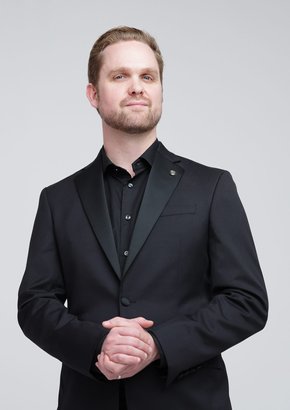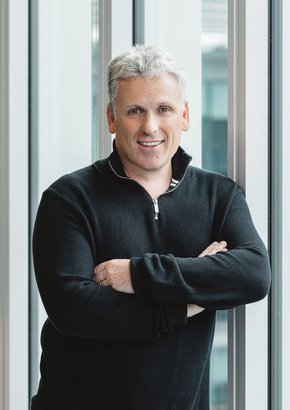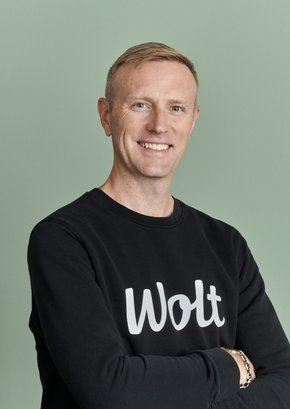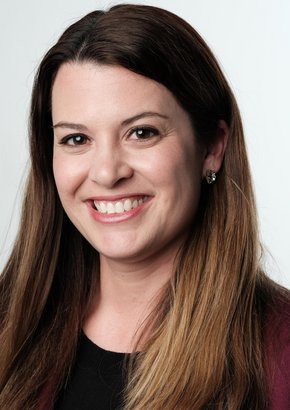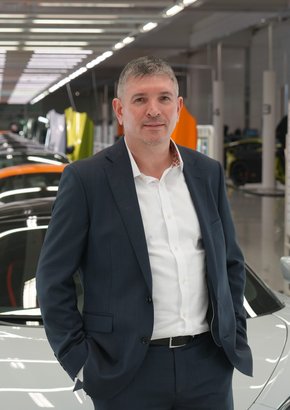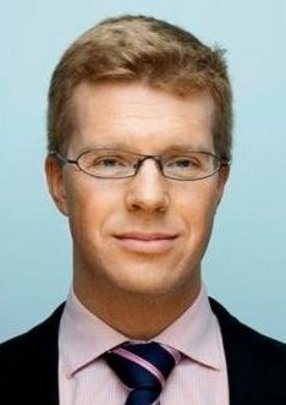
Stéphane Auzanneau
Chief information & Digital officer (CIO/CDO) at Sciences Po

Jean-Pierre Berthet was working in Paris several days a week, but when he was asked to to take on a new experience full time with Sciences Po, a world-leading research university specialising in social sciences and one of the most famous universities in all of France, he embraced the challenge to move out of engineering into a new field.
After 17 years working in an engineering school , Berthet says: “You don't have this kind of opportunity very often in a career. Social sciences were very different but also complementary to engineering. Plus, the opportunity to participate in the new campus project, which began when I arrived nearly five years ago, was an exciting opportunity”.
Teamwork makes the dream work
When Berthet arrived, he was impressed by the talent he could summon on various projects, including instructional designers and video specialists with a focus on education.
Berthet cites “excellent colleagues” like Stéphane Auzanneau (CIO/CTO), who are vital in an institution that works horizontally and with high energy. This was especially critical during the COVID crisis.
“Our video technicians became Zoom teachers for all the staff. And that was amazing to see. They had never trained anyone in their life and they became specialists. Everyone in my team was ready to support the institution. And that was fantastic,” he says.
His proudest moment as Chief Digital Officer was the engagement of his team throughout March 2020 to September 2021, when they racked up more than 400 million minutes of Zoom: “Even people from Zoom were astonished by these figures,” he says.
Hosting one of the bravest leaders in the world
Another highlight for Berthet is the conference of Ukraine’s President Zelensky last month, which was wrought with challenges in its level of technical preparation and the complexity of preparing an interview with the president of a country currently engaged in a bitter yet defiant war.
“I remember that day, one of his staff was standing with me. I said to them: ‘We are experiencing something very special’. It was an honour for us to have this discussion between President Zelensky and our students, who were the first to speak with him like this. He is now heading to the United States to do the same with Stanford and other universities. Incredible, very proud,” he adds.
Learning lab network
One of Berthet’s key contributions is the learning lab network, places where universities imagine the future of their institution and they can test new technologies with new pedagogy.
The first learning lab came out of Stanford nearly 20 years ago. Recognising this kind of thing wasn’t present in France or wider Europe, Berthet began the process of establishing one himself 12 years ago: “I couldn't imagine that we were alone in wanting to network, not only in physical places, but a network of people working together virtually, extending together their experience on how they wanted to transform education in their institution.”
In addition to the network – from which Berthet has now retired to let the youngest deal with the everyday life of the foundation – he is an expert for Educause, an American foundation that produces the horizon report every year about which technologies are to come and what the next steps are for education.
“It's run amazingly well, so we can exchange experiences with about 80 different experts from all around the world, sharing our experience to try to get ahead of what is coming in the field of education.”
Read the full story HERE.
Featured Interviews
“For me, we're so much more than a large technology company. There's a responsibility on us as a strategic partner to nations, and as a partner to governments.”


